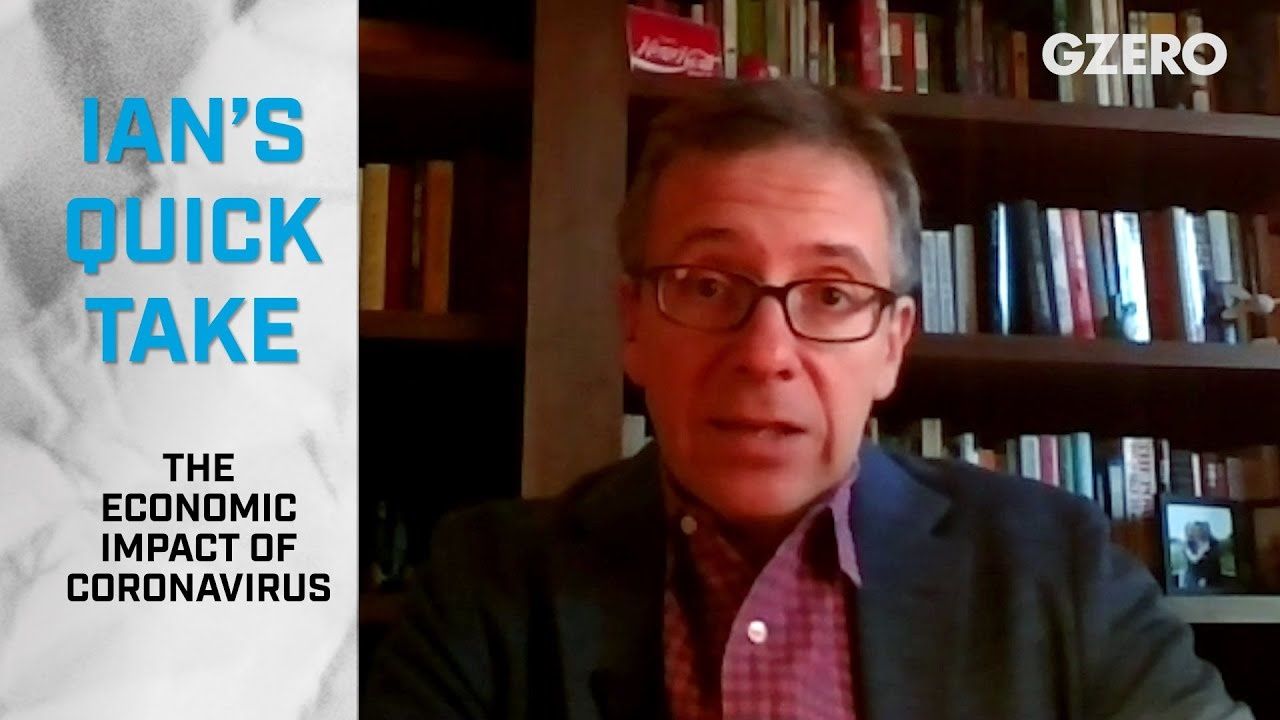
Differences in strong unified national response, vs not: In Japan, everyone listened to the government. If they say wear a mask, everyone wears a mask. If they say engage in social distancing, everyone engages in social distancing. In South Korea, too - enables effective response.
In the US or Italy, there's much more individualism, irrespective of liking government. In Italy, mayors are pleading and shouting obscenities at citizens because they're not listening. Authority doesn't matter. In France, too. Contrast in Germany, strong support for the German government; in Western countries, one of the best response functions we've seen.
A reason you need consistent shutdown early: avoid overwhelming the health care system. If people can't get needed intensive care, fatality rates around coronavirus go up 5 - 10 times. There are knock on implications of a health care system not functioning: cross infection. People with chronic and severe conditions unrelated to coronavirus unable access critical medical care. That has knock on effects on the economy. You need to surge on available tests and ability to test, before discussing when to open up the economy.
Good news, this is a top priority in the developed world; surging on test capabilities, masks, ventilators is moving fast. US companies like Roche making hundreds of thousands of test kits per week, will get us to a place that medical systems will not. We'll be in a position not to be overwhelmed, probably within a month in many localities. There's danger that systems get overwhelmed before then - possibility in New York and other municipalities in the next 2 - 4 weeks. That's the biggest danger zone for the US. Parts of Europe, e.g., Spain. Possibly Paris.
In emerging markets, bigger problems: bad, late governance. In Mexico, in Brazil, leaders refuse to accept reality, providing fake news to their people. Not like Trump exaggerating when a cure might come or suggesting medicines could help to respond, that lead to a run on those medicines. Even with Trump's press conferences, which have replaced his rallies, you're getting real news from Pence, the surgeon general, the NIH, Tony Fauci. In the US, general information around the crisis is not great, but it's not godawful. In Mexico, in Brazil, in certain emerging markets, people are getting fake news. That it's not really a danger. It's not really a crisis. You can't get it. Don't worry. Act normally. Disaster for countries that can least afford a failed response.
Lack of coordination globally makes it harder to address crisis. If you can shut down borders effectively, doesn't matter as much. The economic hit is much greater. Restarting supply chain in China. In Malaysia, supply chain is shut down for a minimum of two weeks - going to be longer. Malaysia has a lot of components of electronic goods. Supply chain across Asia, rolling hits. True in Latin America. No global response, nor an equal global rollout of this crisis.
It takes time to restart the economy. Laid off workers won't be immediately available. Restaurants needs to hire, integrate. That's the case with many different components of our interconnected economy. Supply chain & labor disruptions, people that are ill, all make it harder to get the economy going.
Second quarter will be the worst quarter we will have experienced in our lifetimes. Third quarter will be bad. That implies that we're in a heavy recession right now. Potential for further outbreaks forcing a 2nd round of economic closures is significant. That would be the worst economic and market outcome for this crisis. Despite the political pressure to get markets open and get the economy open again - if you have to shut down the economy again and reestablish quarantine, confidence will be shot.
People aren't suddenly going to feel comfortable going to restaurants, malls. It's going to take time to get back up to speed. Even with strong stimulus, 2 trillion dollars in the US (could be bigger than that). Congress goes away, a lot of them already have tested positive for coronavirus or are under self-quarantine. Getting them back together to negotiate a new bill is probably a minimum of 4 weeks away. If we get major market crashes in the interim, don't look to Congress for help. That is an issue.